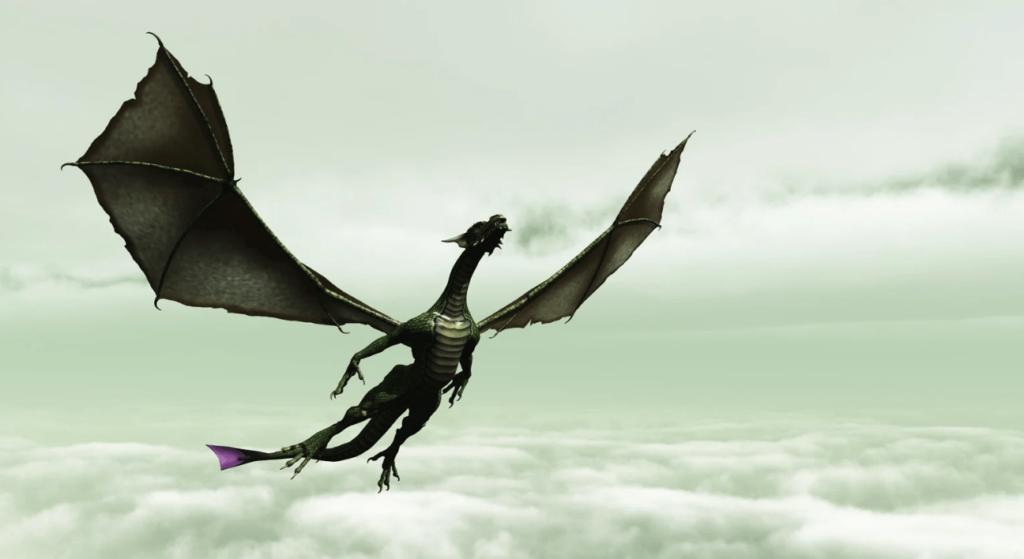In this devastating depiction of war’s atrocities, the protagonists “march towards annihilation” and there is no one to cheer for
After all, “Perhaps all men are corrupt,” Ser Cristen Cole remarks in the House of the Dragon conclusion. “And true honour is a mist that melts in the morning.” Although it is “a bleak philosophy” (to quote his worried fellow knight), it seemed appropriate for a television season that focused on showing the human cost of war.
The second season of the precursor to Game of Thrones seems intent on making no case for either Team Green or Team Black, the show’s rival factions, despite the fact that the marketing campaign for the show encouraged viewers to choose a side. Hopeful bastard dragonriders, firstborn sons, and principles were all sacrificed in the season’s last episode. In Westeros, the standard for ethical behavior is low, yet few manage to rise above it, leading to their perpetual state of mutual destruction.
Characters that almost qualified as “good” (Davos Seaworth, Samwell Tarly, Brienne of Tarth) and others who managed to inspire love despite their imperfections (Arya Stark, Tyrion Lannister, The Hound) were both present in the first season of Game of Thrones. It was obvious that bravery would not be rewarded here after House of the Dragon sent Rhaenys Targaryen (Eve Best), the show’s most instantly likable heroine and the Queen Who Never Was, tumbling to her death from her beheaded dragon.
As Emma D’Arcy’s character, the increasingly fanatical exiled queen Rhaenyra Targaryen, grew increasingly comfortable with barbecuing a large number of her illegitimate relatives in her quest to find new dragon riders, Olivia Cooke’s character, the Dowager Queen Alicent Hightower, was stripped of nearly all her authority by a series of unsatisfactory suitors, including some whom she had the unfortunate misfortune of bearing children.
Now that the horrible truth about dragon combat has come to light, the battle is between people who are happy to see destruction or who have accepted it as a constant reality
“Soon they will not even remember what it was that began the war in the first place.” Those were the words of the doomed Rhaenys that came to define this second season. Nodding to the source text Fire and Blood—a collection of retrospective scholarly histories that do not always agree—and accurately predicting a self-perpetuating cycle of destruction, she showed that this series is really about a long, slow, and brutal decline into the nihilism of war for war’s sake, even though it appears to be about who should (and actually will) sit on the Iron Throne. Cole had already calmly accepted: “We march now toward our annihilation” at the show’s conclusion, but we saw early on that the Rivermen had only exploited the Targaryen infighting as a pretext to ratchet up an old envy.
The fact that the show is based on a prequel and a book contributes to its generally gloomy tone. The Targaryen house nearly destroyed itself and its dragons in this conflict, according to the events of Game of Thrones, regardless of whether viewers had read Fire and Blood or not. Even the characters appear to be coming around to the idea that there is no happy ending, which is something we already knew. Now that the terrible truths of dragon combat have come to light, the battle is being waged between two camps: one that revels in carnage and another that accepts it as inevitable; Rhaenyra finds herself in the middle.
There were self-serving people and some who said they were fighting for something bigger in Game of Thrones, but the White Walkers’ evil threat was too enormous to ignore, and the show must go on. The conflict in House of the Dragon begins with a horrific misunderstanding, escalates into a hunger for power, retaliation, and vengeance, and culminates in the employment of destructive weaponry.
Beasts may be fighting in The Dance of the Dragons, but the fact that it takes place at all is a huge failure on the part of humans
The allegory of nuclear war amongst dragons is very clear. Even though they’re supposed to serve as a fear-based deterrent, the desire to actually use them is enormous. Although the Dance of the Dragons is ostensibly a fight between creatures, the very fact that it takes place is a monumental display of human fallibility. Plus, once let go, there’s no turning back. “Not by dragons alone but with dragons flying behind armies of men” may have been Aemond’s prediction for the outcome of the conflict, but the program has shown that humans are just a means to an end.
The might of the dragons is greater than that of any cunning strategy, ground army, or impenetrable fortress. The combat of Rook’s Rest, which disappointed Cole and exemplified the larger conflict—a combat where it was difficult for either side to claim victory—and Daenerys’s shower of fire on her own capital city in the last season of Game of Thrones both made this point apparent. Every one of them lost a dragon, a few men (many of whom were devoured or scorched by their own beast), and a little more understanding of why they had come.
While many characters made empty promises of peace, Daemon’s visions of the Game of Thrones endgame showed us that this was not the case. Despite how it may seem, this is not the war to finish all conflicts. Rather, hundreds of thousands will die in yet another battle.



